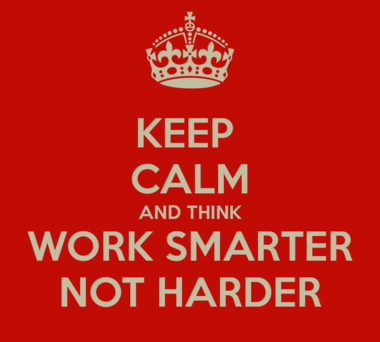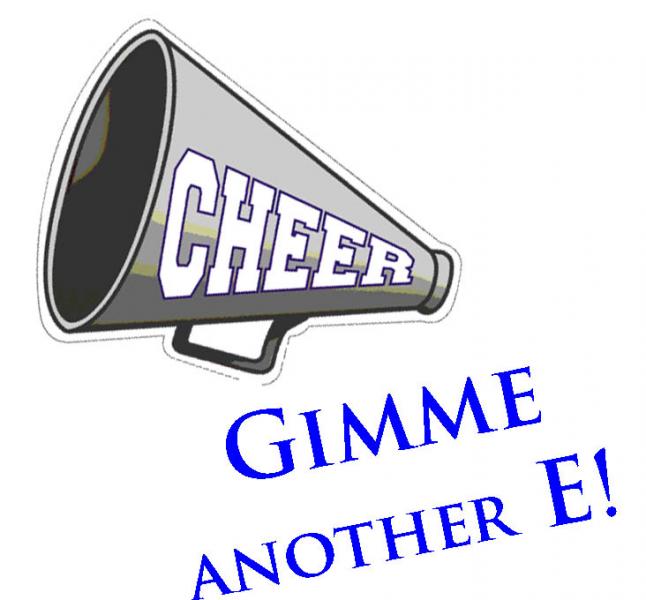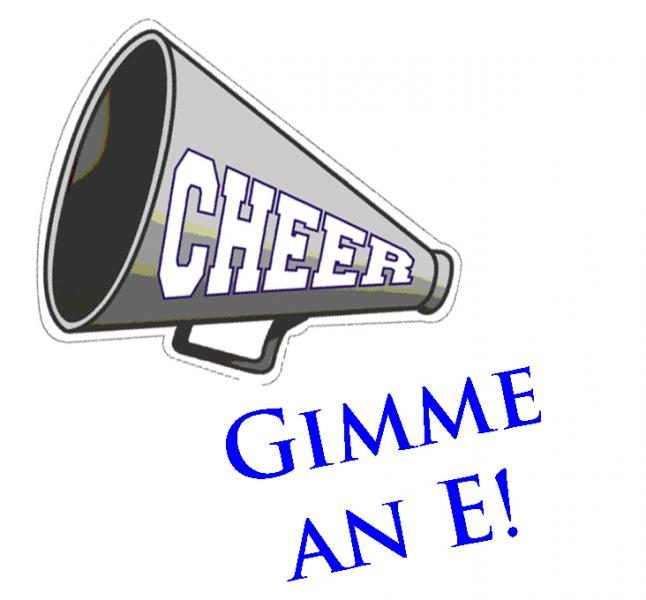
E – Emphasize Working Smarter, Not Harder, Part II
October 23, 2014
E – Encouraging Independence
November 3, 2014
In previous posts, I’ve been looking at strategies for working smarter, not harder. Here are several ways to apply that thinking to studying and preparing for tests.
Identify WHAT to study
Reading text over and over and over again is sort of like the hail-Mary pass. Students who lack study strategies often think something will sink in if they just keep reading – not so. Using a study guide or practice test to assess what you already know, and what you need to know better, can be a great beginning.
I’ve always been perplexed by the teacher who hands out a study guide/practice test the night before the test. For most students, this just isn’t enough time to organize learning and do their very best to “show what they know.” With time, a plan can be developed to break learning into discrete parts, and spread the study process over multiple days. This is helpful to all, but essential for struggling or disorganized learners. With a plan in place, the student can address the question, “What do I already know, and what do I need to know better?” so she understands where to put her mental energy.
Identify HOW to study
Using a variety of study strategies can make learning different types of content easier. If you have a series to remember, consider using a memory strategy. For example, if you need to remember the great lakes for a geography test, use “HOMES,” which stands for H: Huron, O: Ontario M: Michigan E: Erie S: Superior.
Strategies for remembering can also make use of rhyme, color coding, silly phrases in which the first letter of each word serves as a prompt, a symbol such as a stoplight, or a word like HOMES.
Don't stop there – use your imagination. When my daughter had to learn the elements and symbols of the periodic table in chemistry, she made flashcards with the information on one side and some seriously fabulous memory prompts on the other. She aced the test, and still remembers some of the funnier ones today, at age 23.

What strategies have you or your student found useful for organizing and prioritizing learning, and for remembering?
Gimme an E! and stay tuned for the second E in our CHEER – Encouraging Independence.
Blogger Barbara Hunter, MEd, shares her expertise in the use of technology to support learning. If you have questions, please contact Barbara at .



